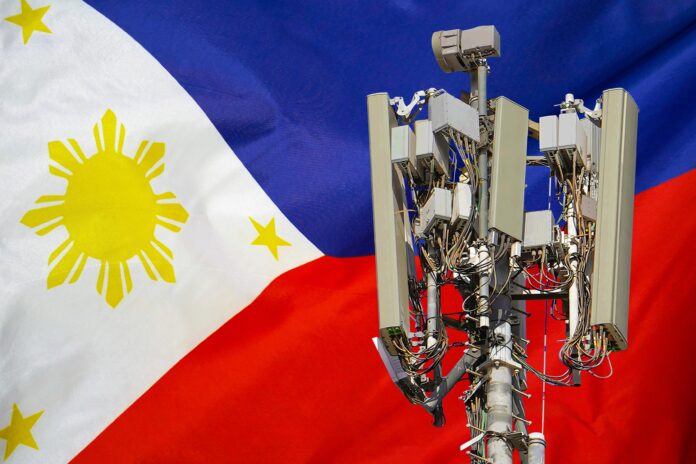The Philippine Association of Private Telecommunications Companies (PAPTELCO) has echoed the Philippine Chamber of Telecommunications Operators (PCTO) in raising red flags over the national security and regulatory risks posed by Senate Bill No. 2699, also known as the Konektadong Pinoy bill.
Normandy Baldovino Jr., president of PAPTELCO, said the bill’s current form could have wide-ranging consequences for national security and consumer protection if enacted into law. “This is not just a concern of the large telecommunications players that own the cable landing stations and international gateway facilities, but also small telecommunication companies like us,” Baldovino said. “The country’s national security is everyone’s concern.”
The Konektadong Pinoy bill, a priority measure of the Marcos administration aimed at accelerating internet connectivity through liberalized market entry, passed the Senate on third reading last February and is now headed to the bicameral conference committee after Congress resumes in June.
During the Coffee and Connections event hosted by the Philippine Information & Communications Technology Organization (PICTO) on 7 April, PCTO leaders outlined several problematic provisions in the bill. Among the most concerning, they said, are the removal of the requirement for a Congressional franchise for new telecom entrants, the dilution of the National Telecommunications Commission’s (NTC) regulatory powers, the absence of mandatory vetting for new players, and the allowance of a grace period of up to three years for cybersecurity compliance.
Critics argue that the bill could unintentionally open the door for foreign-controlled companies to operate critical information infrastructure (CII) without undergoing thorough financial, technical, or legal scrutiny. This, they warn, could make Philippine digital infrastructure more vulnerable to cyberattacks and foreign interference.
Baldovino warned against relying solely on implementing rules and regulations (IRRs) to safeguard national interests. “We have to correct the bill itself to ensure there is nothing lost when it comes to the implementing rules and regulations,” he said, comparing the situation to the controversial legalization of Philippine Offshore Gaming Operators (POGOs), which brought with it unforeseen security and social issues.
Legal analysts note that if the bill passes in its current form, it could expose the government to potential liabilities and weaken regulatory oversight in a highly sensitive and strategic sector. Economically, while the bill promises to bring in much-needed competition and investment in broadband infrastructure, experts caution that poorly vetted new entrants could distort the market and compromise service quality and consumer safety.
With the telecommunications sector forming the backbone of the digital economy, the debate over the Konektadong Pinoy bill underscores the delicate balance between market liberalization and national security — one that lawmakers must address before final passage.







